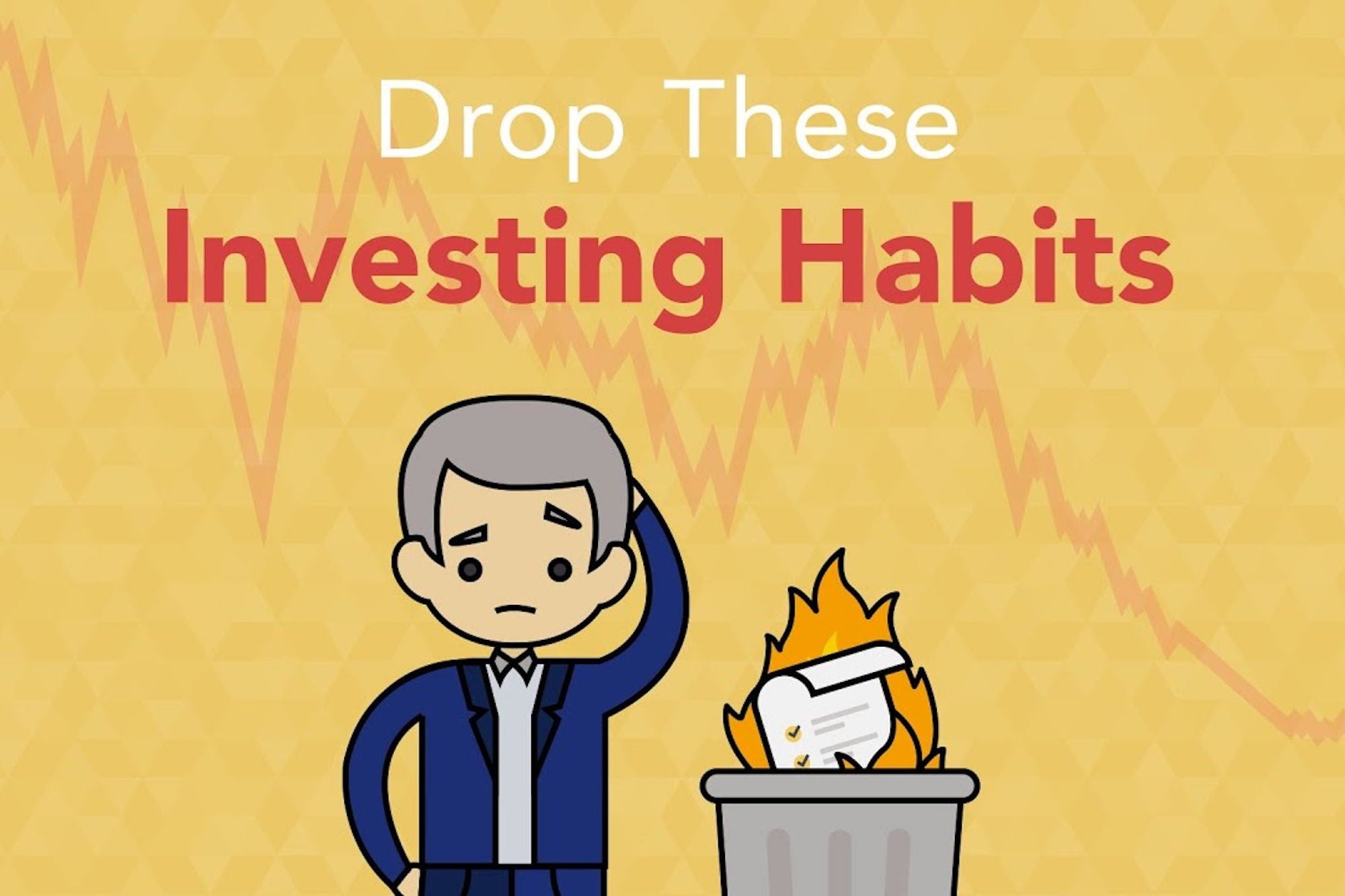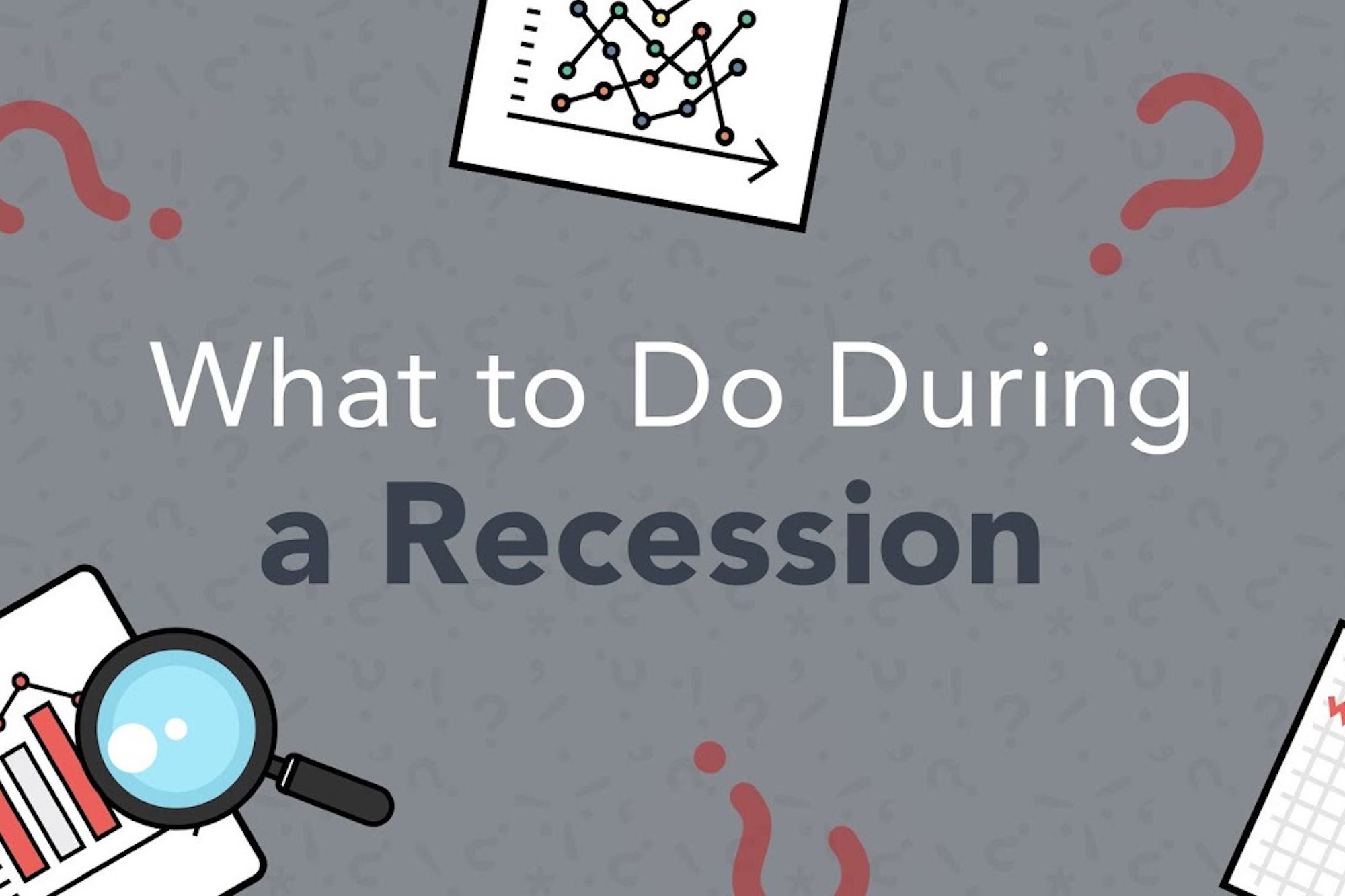Avoid These Major Money-Draining Habits for People in Their 30s Set good precedents for your financial health.
By Phil Town •

Opinions expressed by Entrepreneur contributors are their own.
After moving past your 20s, your 30s can serve as the time to form healthy financial habits and think about the future. This time to move away from living paycheck to paycheck can open you up to new ways to spend your money. The true test of your 30s will be whether you can avoid allowing social obligations to get to you.
Some of these money-draining habits can include certain expensive purchases, such as an expensive car or an expensive house. In this video, Entrepreneur Network partner Phil Town admits he can fall into these traps, as well. He remembers impulsively buying a Jaguar car, a flashy purchase he eventually grew tired of in a matter of weeks.
This tendency also goes along with buying a home that is too far outside of your price range. The stress from putting all your money into paying off a house that is too expensive can affect the quality of your life and relationships.
Moreover, another common trap is spending too much on eating out and entertainment. Instead, try to decisively choose what activities you want to save up for; that way you can savor the experiences when they occur.
At the end of the day, keeping your budget less than your income is the best way to manage your finances.
Click the video to learn more.
Related: Thinking of Buying Property? Here's Why Continuing to Rent May Be Your Smartest Choice.
Entrepreneur Network is a premium video network providing entertainment, ewitducation and inspiration from successful entrepreneurs and thought leaders. We provide expertise and opportunities to accelerate brand growth and effectively monetize video and audio content distributed across all digital platforms for the business genre.
EN is partnered with hundreds of top YouTube channels in the business vertical. Watch video from our network partners on demand on Roku, Apple TV and the Entrepreneur App available on iOS and Android devices.
Click here to become a part of this growing video network.















